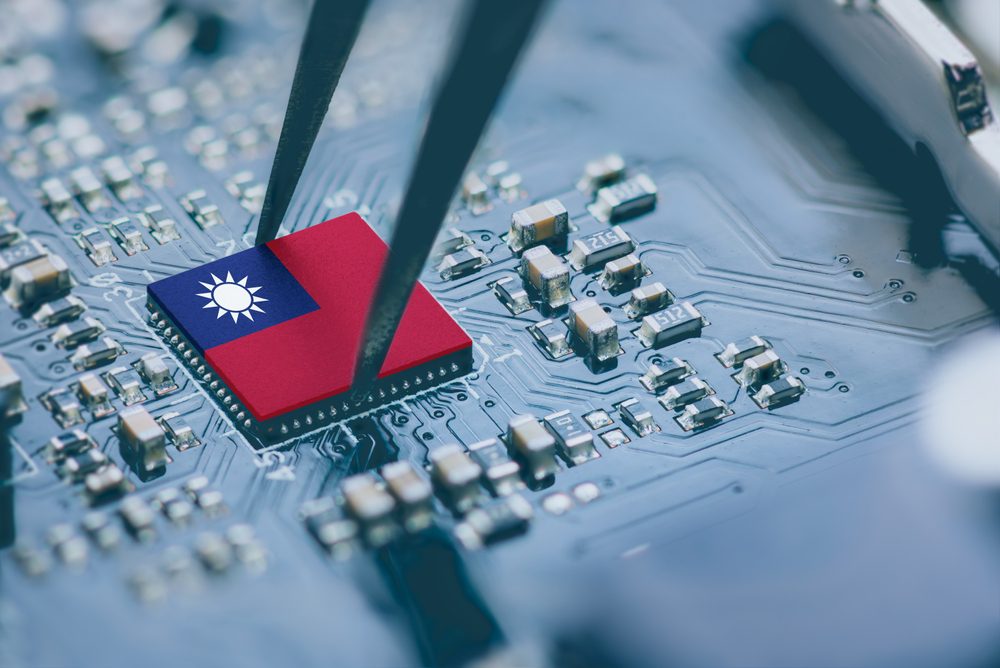
Italy has approached Taiwan for a bilateral deal on the supply of semiconductors in a substantial break from previous Italian policy which showed a preference for China.
Representatives of the Italian Ministry for Enterprise met with Taiwanese officials in Taipei recently to discuss the import of semiconductors with Italy. Rumours are circulating that Italy has offered to withdraw from the Chinese Belt and Road Initiative in exchange for more favourable terms with Taiwan.
The Belt and Road Initiative (B&R) is a major pillar of Chinese strategic policy and promises funding for infrastructure projects to nations with positive economic and political relations with China.
The initiative is seen as a way for Beijing to solidify its dominance over Eurasia. Italy has been the only G-7 nation to join (2019), after which it received financial support to build port infrastructure.
Meloni’s Fratelli d’Italia party has been critical of Italy’s participation in the B&R Initiative due to concerns over Chinese control of vital infrastructure, with Meloni herself vocally against Chinese expansionism in the South China Sea.
The meetings between Italy and Taiwan come during a global semiconductor shortage triggered by the COVID-19 crisis and various geopolitical crises, which has negatively impacted the Italian automotive industry in particular.
Italian car manufacturers were forced to scale back production due to the lack of semiconductors, essential in the transition to electric vehicles. To mitigate the impact of the semiconductor shortage, both the EU and the Italian government have pushed various measures to support the local domestic industry such as the EU Chips Act passed this week.
The moves represent Meloni’s administration’s commitment to Atlanticism, with relations to Taiwan as an indicator of the country’s hawkishness towards China. It is understood that the Meloni government is yet to take a final decision on the Taiwanese deal.
Europe’s relationship with China has been the subject of much speculation with President Macron rattling the more Atlanticist elements of the bloc by declaring the need for the continent to chart an independent path away from America and continue relations with China.
EU leaders are attempting to diversify their supply chains away from reliance on Beijing with Taiwan previously denouncing Brussels’ failure to give the island full diplomatic recognition despite wanting the economic benefits of Taiwanese semiconductor exports.
The overtures to Taiwan form part of a pattern within the Meloni government which has consistently sought to advance Italian strategic interests under the umbrella of Atlanticism and support for the American liberal world order. With Italy expected to break with China inevitably, the decision may alter the current calculus on the Europe-wide split on future relations with China.
